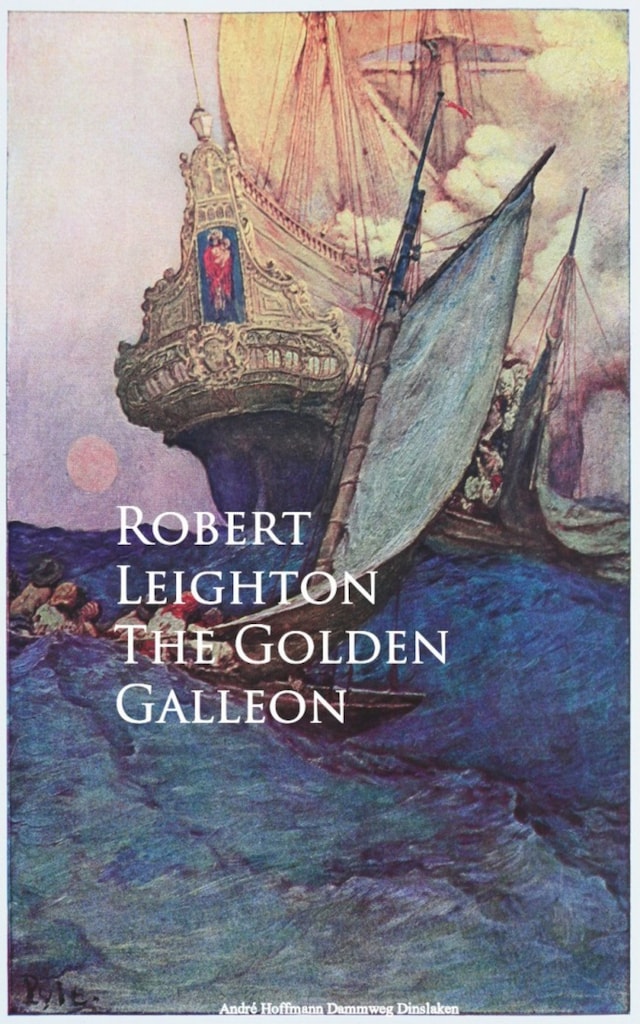
The Golden Galleon
Description of the book
In this present amphibious story I have tried to represent some of the conditions of life ashore and afloat in the glorious days of Queen Elizabeth; but I must state, to begin with, that the only portion of the narrative that is actually based upon historical fact is the account of Lord Thomas Howard's expedition against the West Indian treasure-ships. In this part of the story I have closely followed the original report of the last fight of The Revenge, as it was written by Sir Walter Raleigh some few weeks after the battle.
My friend Commander C. N. Robinson tells me that Sir Richard Grenville's disregard of Admiral Howard's instructions was, strictly speaking, a breach of discipline. Whether or not this was the case need not here be discussed. All that we need remember just now is that Sir Richard was one of the bravest of the many brave men of his splendid time, and that, undismayed by the almost certain prospect of defeat, he led a forlorn hope, plunged into the glorious fray, and fought to the death with a boldness which has never been excelled in all the course of our naval history.
Grenville was not a great admiral as Drake and Nelson were great, and this most memorable action upon which his fame must always rest was not an example[Pg 6] of the supremest heroism, simply because his success or failure involved no high or very noble principle. But the worst that can be said of his daring exploit is that it was the Balaclava charge of the Spanish war; at its best it was an example, and a very grand example, of that British pluck and intrepidity which have ever been the distinguishing characteristics of our fighting countrymen; and I shall be glad if, in writing this story, I help in some measure to instil into my young readers a fuller pride in the navy which has secured for England her supremacy upon the seas.
ROBERT LEIGHTON.
 Robert Leighton
Robert Leighton 293 Pages
293 Pages